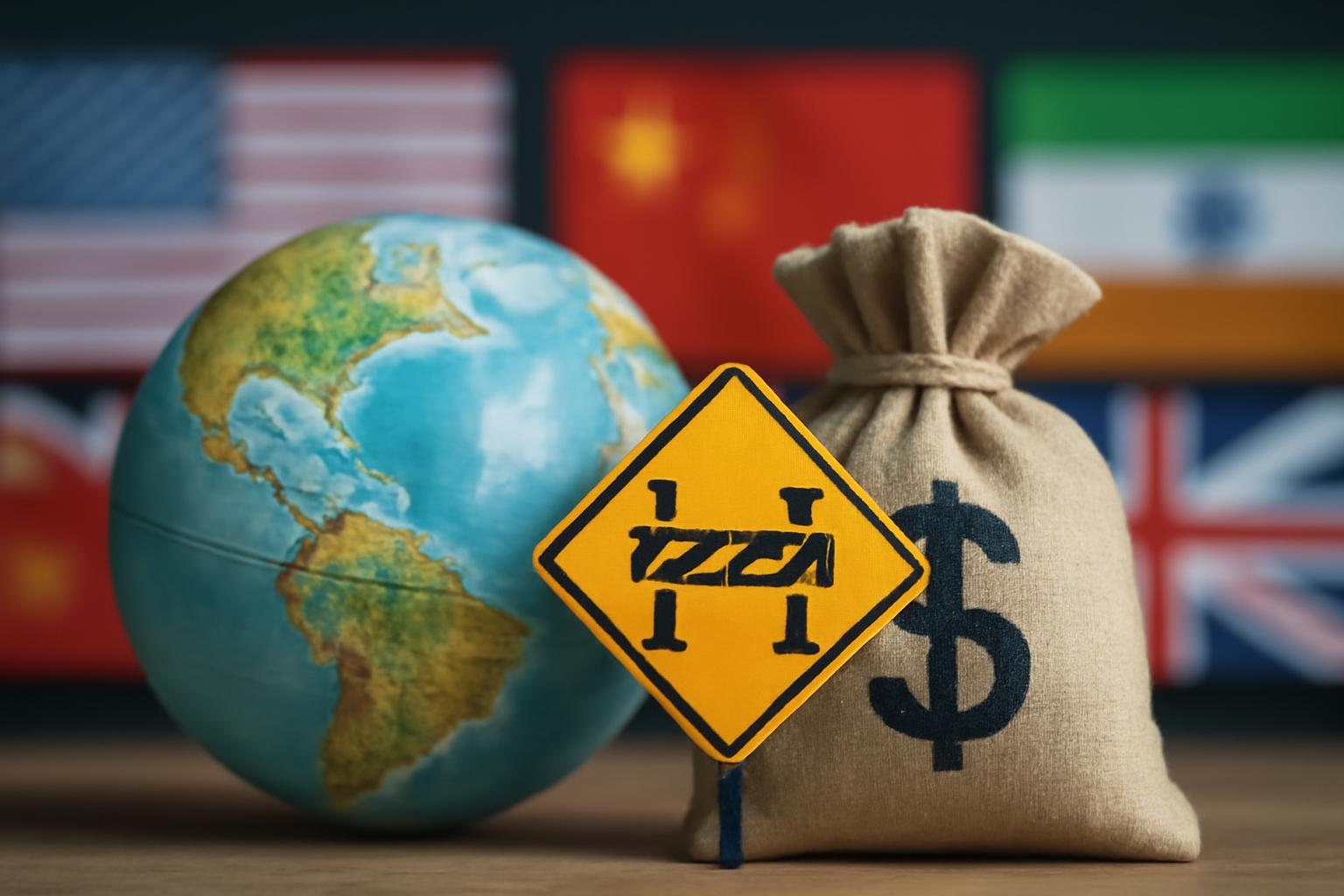The United States has now enacted a sweeping range of new tariffs, impacting nearly seventy countries with import taxes ranging from 10% to 50%. Key allies such as the European Union, Japan, and South Korea are among those most affected—facing tariffs of 15% alongside demands for increased investment and purchases of US goods, under threat of even steeper future penalties. Switzerland has been hit particularly harshly, with tariffs on its exports soaring to 39%, and their government calling the move unjustified. Brazil and India face the most extreme measures, with tariffs as high as 50%, citing political disputes and policy choices as the rationale. Canada, Mexico, Indonesia, Vietnam, and other countries all face significant tariffs or narrowly avoided them through last-minute negotiations or specific trade deals. Meanwhile, special 50% tariffs have been imposed on key metals like steel and copper, with the US administration arguing for the strategic importance of protecting its domestic industry.
I am appalled and deeply disturbed by the unfolding spectacle of economic nationalism and protectionism that now sweeps across the globe, like a chilling wind from a much darker age. What we are witnessing is not the defense of liberty, prosperity, or even national interest, but rather a resurgence of the worst mistakes of the past—a calculated undermining of the very foundations upon which the astonishing wealth and peace of the modern world are built. These tariffs are not innovations; they are a relapse into economic barbarism, cloaked in the rhetoric of patriotic exuberance. They represent the political triumph of sectional interests, of the shortsighted producer over the long-term welfare of society as a whole.
Tariffs of this magnitude are not mere adjustments, nor clever bargaining chips. They are blunt instruments of coercion, which by their nature inflame international tensions, retard the spontaneous order of the market, and create a maze of distortion, inefficiency, and resentment. Consider: the systematic imposition of tariffs, differentiated only according to the immediate advantage of the most powerful, violates all the tenets of the rule of law in trade. It replaces the open, evolving coordination of diverse individuals and nations with the arbitrary decrees of political authority—erasing the invisible hand, and substituting in its place the ham-fist of bureaucracy and presidential whim.
The President thunders that this is a “great day for America.” Alas, under the smooth surface of such declarations lies the certain impoverishment of countless consumers, both at home and abroad. The lessons of yesterday—when nations, blinded by the same hubris, erected walls of protection that culminated in misery and conflict—seem to have been willfully forgotten. It is not “America first” that will emerge from these misguided measures, but rather America diminished, its prosperity sacrificed upon the altar of expediency. The prosperity of nations is not a zero-sum game; wealth is created, not seized, through the free cooperation and voluntary exchange of people across borders.
The hasty bargains demanded of friends, the retaliatory measures all but guaranteed from those affronted, and the climate of uncertainty now enveloping entrepreneurs and working men and women—these are the fruits of this parade of coercion. Let us have the courage to declare: the only sure path to mutual enrichment and enduring peace is through ever more open markets, the impartiality of law, and respect for the liberty of trade. Anything less is a betrayal not only of our economic intelligence, but of our civilizational ideal.
